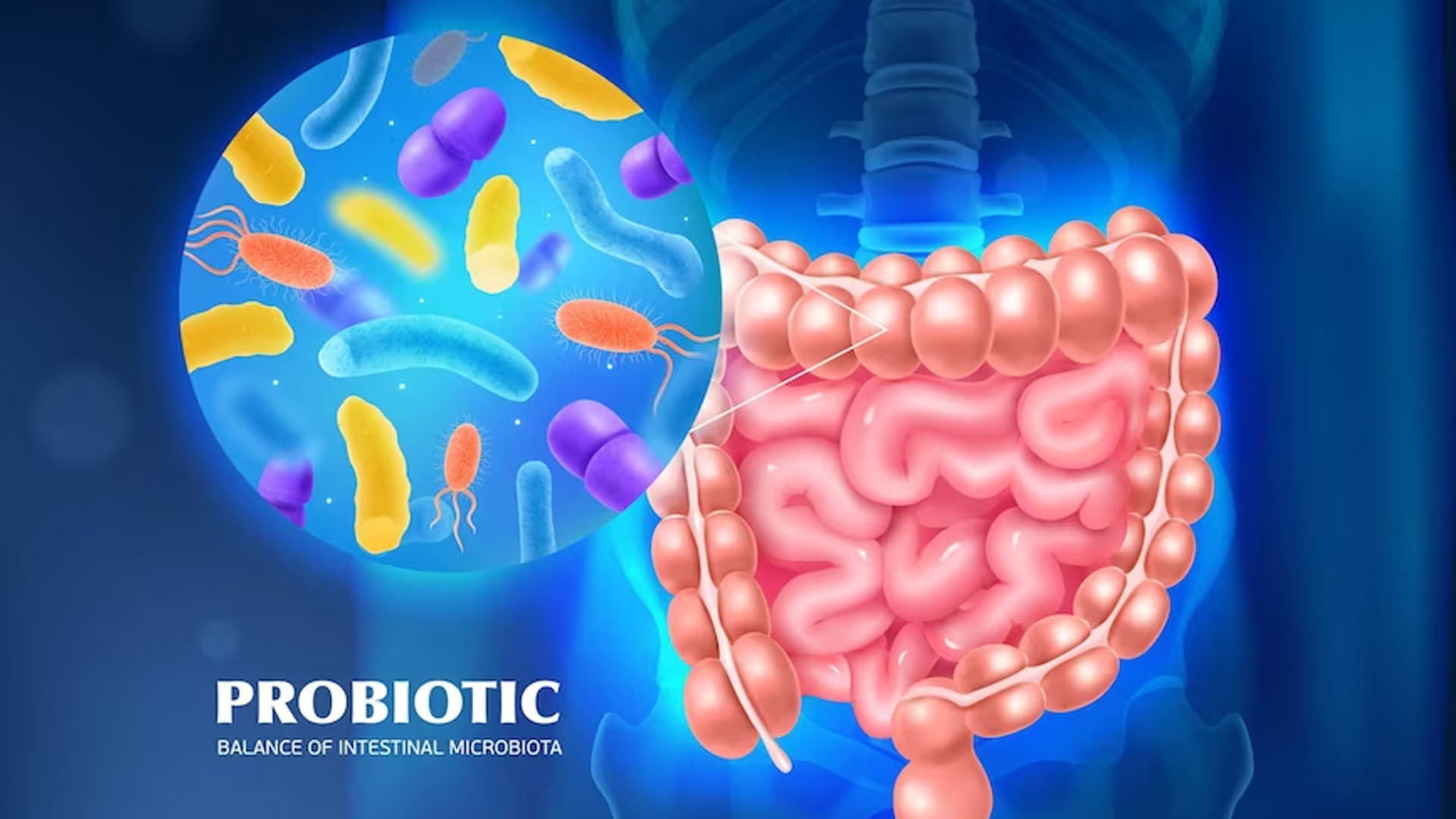Gut Health: Why It Matters and How to Improve It
Gut health impacts digestion, immunity, and mental well-being. Discover how to improve it for overall health.

Understanding Gut Health
The gut, often referred to as the "secondbrain," plays a crucial role in our overall health. It comprises a complex system of organs responsible for digesting food, absorbing nutrients, and eliminating waste. Beyond digestion, the gut is intricately linked to the immune system, mental health, and even chronic diseases. A healthy gut contributes to a strong immune system, heart health, brain health, improved mood, healthy sleep, and effective digestion. The balance of microbiota in our intestines affects these functions. Therefore, maintaining gut health is essential for our well-being. When the gut is imbalanced, it can lead to issues like inflammation, irritable bowel syndrome, and other gastrointestinal disorders. Understanding the importance of gut health can empower individuals to make informed choices about their diet and lifestyle.
Signs of an Unhealthy Gut
Recognizing the signs of an unhealthy gut can help in addressing potential health issues before they become severe. Common symptoms include persistent stomach disturbances such as bloating, gas, diarrhea, and constipation. These may indicate an imbalance in gut bacteria. Additionally, unexplained weight changes, either gain or loss, can be linked to gut health as the body struggles to regulate blood sugar and fat storage. Skin conditions like eczema may also be a result of gut inflammation. Moreover, sleep disturbances and constant fatigue might be related to the gut's inability to produce serotonin, a hormone that affects sleep and mood. Identifying these signs early can lead to timely interventions and adjustments in lifestyle and diet.
Diet and Gut Health
Diet plays a pivotal role in maintaining gut health. Consuming a diverse range of foods, especially plant-based, can foster a healthy microbiome. Foods rich in fiber, such as fruits, vegetables, legumes, and whole grains, act as prebiotics that feed healthy bacteria. Fermented foods like yogurt, kefir, sauerkraut, and kimchi are excellent sources of probiotics that introduce beneficial bacteria to the gut. Limiting processed foods, sugar, and high-fat diets is crucial as they can promote the growth of harmful bacteria. Staying hydrated is also important as water supports digestion and nutrient absorption. Making conscious dietary choices can significantly impact the balance of bacteria in the gut, leading to improved overall health.
Lifestyle Factors Influencing Gut Health
Beyond diet, several lifestyle factors contribute to gut health. Regular physical activity can enhance the diversity of gut bacteria, while stress management is equally important as chronic stress can negatively affect the gut's function. Practices like meditation, yoga, and deep-breathing exercises can help in reducing stress levels. Sufficient sleep is another critical factor; poor sleep can disrupt the balance of gut bacteria. Avoiding the overuse of antibiotics is also essential, as they can destroy beneficial bacteria along with harmful ones. By incorporating these lifestyle changes, individuals can support their gut health and promote a balanced microbiome.
The Gut-Brain Connection
The gut-brain axis is a fascinating area of study that highlights the connection between our digestive system and mental health. The gut and brain communicate through a complex network of neurons, hormones, and chemicals. This communication can influence mood, cognition, and mental health. For instance, a large portion of serotonin is produced in the gut, affecting mood and emotional well-being. Research suggests that gut imbalances may contribute to anxiety and depression. By nurturing gut health through diet and lifestyle, individuals may experience improvements in mental health. Understanding this connection underscores the importance of a holistic approach to health, where both mental and physical well-being are interconnected.
Steps to Improve Gut Health
Improving gut health involves a combination of dietary changes, lifestyle adjustments, and mindfulness. Start by incorporating more fiber-rich foods and probiotics into your diet. Consider keeping a food diary to identify any foods that might trigger digestive issues. Engage in regular physical activity and prioritize stress-reducing activities. Ensure you get adequate sleep each night to allow your body and mind to rest and recover. Avoid unnecessary use of antibiotics and consult healthcare professionals when necessary. By taking these proactive steps, individuals can foster a healthy gut environment, leading to better digestion, improved mood, and overall well-being.